The Easiest How-To Podcast Guide Ever: For People Who Were Just As Confused As Me
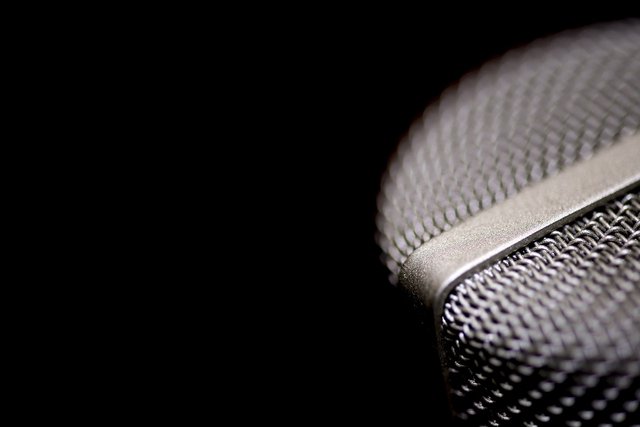
Last year, I was tasked with starting a podcast. I had no previous podcasting experience and no experience with audio equipment. After making a number of mistakes, I hunted down any friend I had with audio engineering expertise and podcasting skills. This year, with Season 2 being recorded, we put together a new setup that was cheap, effective and professional.
Most audio engineers can hear sounds that we normals can’t hear. They’ll also suggest a variety of different pieces of equipment that will provide different sounds, most of those sounds won’t matter to the average person, but will drive audio engineers insane. Don’t worry about them. What’s important to you is getting started with a sound that works.
I created this short guide to help future podcasters start off in the right place! I provide very few choices, so you can get started with your podcast and then adjust from there. Enjoy.

Get Yourself a Concept
You’re going to be talking a lot so…
Find something you like to talk about.
If you love talking about comic books and it’s what you love to talk about then go ahead and start a comic book podcast.
Find something you have a tremendous amount of knowledge about.
If you love anthropology, constantly read about anthropology, and have a friend who’s an anthropologist, maybe you could start an anthropology podcast.
If you have a large social circle, find a central topic that you can interview guests about.
In other words, if my show’s central topic is food and I have Rob Zombie on, I’m going to talk to him about food and food related stories.
Find a unique perspective.
You need a selling point, something that separates your podcast from the others. Spend some time brainstorming.
Get started!
You will not get it right the first time, but you have to have a first time. Every podcast mutates over as it continues. You have to learn what’s great about what you’re doing, and what sucks then continue to refine. Most importantly, you have to get started.
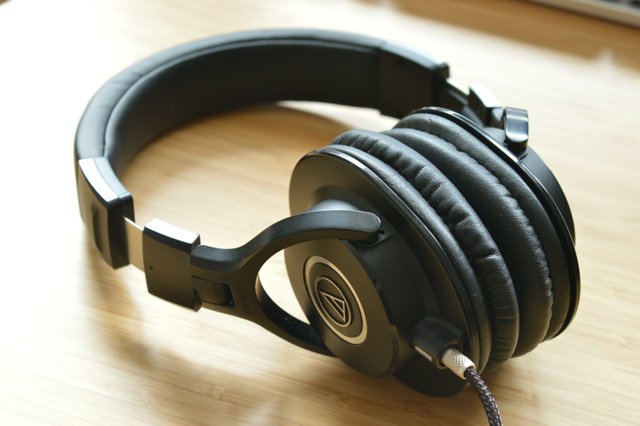
Get Yourself a Mic, Headphones and a Mic Stand.
How much of this stuff you get will depend on whether you’re doing this podcast alone, with a co-host, or with guests.
Get a mic for each voice. This mic is cheap and sounds professional: Neewer Mic
- If you think you’re evergoing to have a guest, you’re going to want a second mic.
- If you have a co-host, then you’re going to want three mics. One for You, the co-host, and a guest potential guest.
Get a stand for each mic. This one works: Mic stand.
Get headphones. The point of the headphones is you can block out sound, hear yourself, and adjust your voice. Most headphones that look like the ones in the picture above will work.
Other stuff:
- You’ll need XLR cables to connect everything. How many and how long will all depend on your set-up.
- You may want to get a pop filter for each mic, not surprisingly they prevent popping sounds.
- If you get interference, try moving your equipment around. Possibly move the whole set up to a different part of the room.

Get yourself an Audio Interface.
An audio interface is a little box that all the mics plug into. Then this little box plugs into your computer.
What’s special about this particular box, and others like it, is that each mic can be recorded separately. Which makes editing easier.
This one is cheap and will sound professional: Behringer U-Phoria It has four mic slots, there’s a cheaper version with only two mic slots if you’re only going to have a maximum of two people on your podcast.
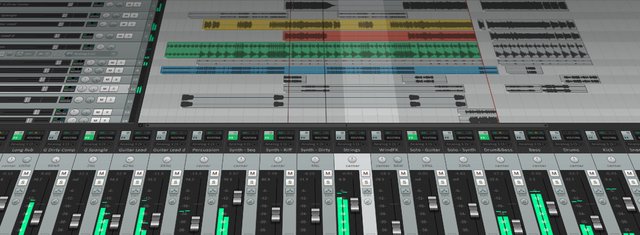
Get Yourself a Program to Record and Edit
I used a program called Reaper, it’s free. Before reaper I had zero experience with audio recording. I learned to use it well enough to record and edit a podcast using youtube videos, which means you can do the same thing!
Here’s are some tutorials for setting up your audio device in Reaper:
Reaper is Easy: Setting up to Record
Beginner’s tutorial for Reaper
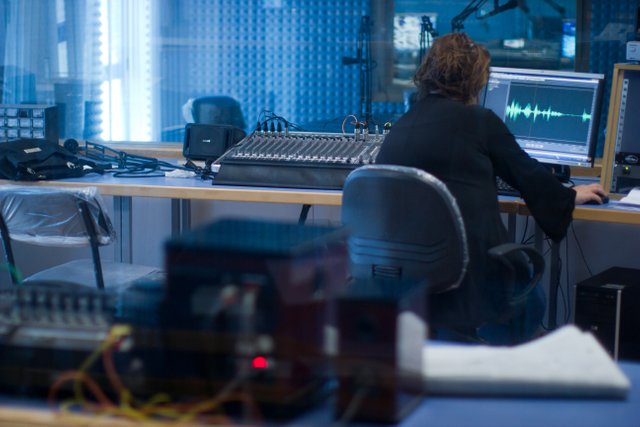
Edit Your Podcast
Unless you’ve been doing radio and podcasting for ever, edit your podcast. It’s tedious, but it makes a huge difference:
- Spend time cutting out the boring parts.
- Spend time cutting as many “likes” and “ums” as possible.
- Ask yourself, if you were not on this podcast, would you listen to this entire episode, from start to finish? If the answer is no, cut more, edit more.
- Rearrange stuff into a story - Yes! You can bend time to your will. If it makes for a better story you may want to shift conversational threads around. The goal is to make something that is highly listenable.
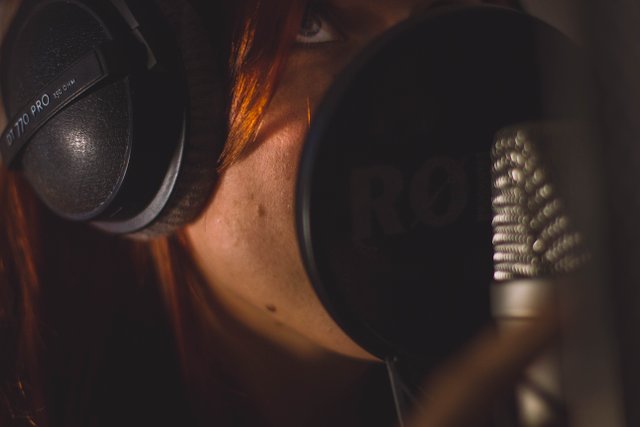
Practice Podcasting
You will not instantly be amazing at podcasting, but you will get better with practice.
- Prepare yourself with some notes.
- Practice getting the “ums” and “likes” out of your speech.
- If you do interviews pick up a book on interviewing. I particularly like Eveyrone Loves You When You’re Dead, by Neil Strauss (@neilstrauss). He is a master interviewer that has been writing for Rolling Stone forever. This book has amazing interview after amazing interview with just about every famous person you care to name.
- Keep filling your mind with new stuff. Read, Write, Converse, absorb, you need to keep your brain stocked up with ideas.
Between recordings, spend time listening to podcasters who you love to listen to —
- What do they do that you love?
- What kinds of questions do they ask?
- What noticeable improvements have they made as the show has gone on?
- What do you wish they’d do better?
- What kinds of stories do they tell and what makes them so listenable?
Get started! With time and practice, your podcast can be great--
Good Luck!
Source: Mic, Headphones, Audio Interface, Reaper, Editor, Podcaster
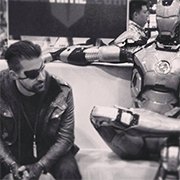 | 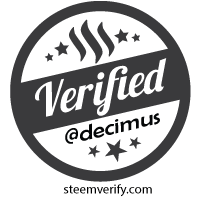 |
The best advice here is "Most importantly, you have to get started."
It's true. Everything else started to fall into place once we had the first episode recorded. Thanks for reading.
This is great! I have thought about doing something like this at some point. Thank you. ~Cheers~
No problem! Glad I could help.
I have a great idea. Please follow me, so this can be reciprocal. Since I am just really starting, and we all need a helping hand, I am going to start, daily, looking at the Blogs of my Followers, finding things I like that are over one day old and less than a month old, then upvoting them and resteeming them. I would ask you to do the same for me. This way, we all get continual exposure. That is what we all need, right? I am staring today. I will look at your Blog and resteem and upvote the ones I like.
Cool stuff -- Thanks!
You're welcome ; )
Once again AWESOME post! Thanks for the links to Reaper software, with so many option on software it easy to get overwhelmed. Thanks!
No problem. It's worked out great for me -- This season we have a producer, who's using Adobe Audition, which is a monthly fee, as far as I understand, but reaper worked well for someone who was so new to this.
This is something that I can look into when I am retired
Why not? It's pretty fun.
Great post! In fact, it was so good that we decided to feature it in our latest newspaper (again). Read it here: https://steemit.com/steemplus/@steemplus/steemplus-monday-october-17-the-daily-newspaper-that-pays-you-to-find-high-quality-content
This is so helpful. Thank you for taking the time to write this up for us!
No problem -- Glad you liked it. Thanks for reading!
Interesting. Although I do not sound.
This post has been linked to from another place on Steem.
Learn more about and upvote to support linkback bot v0.5. Flag this comment if you don't want the bot to continue posting linkbacks for your posts.
Built by @ontofractal
Nice guide! Do you have any more on publishing the podcast?